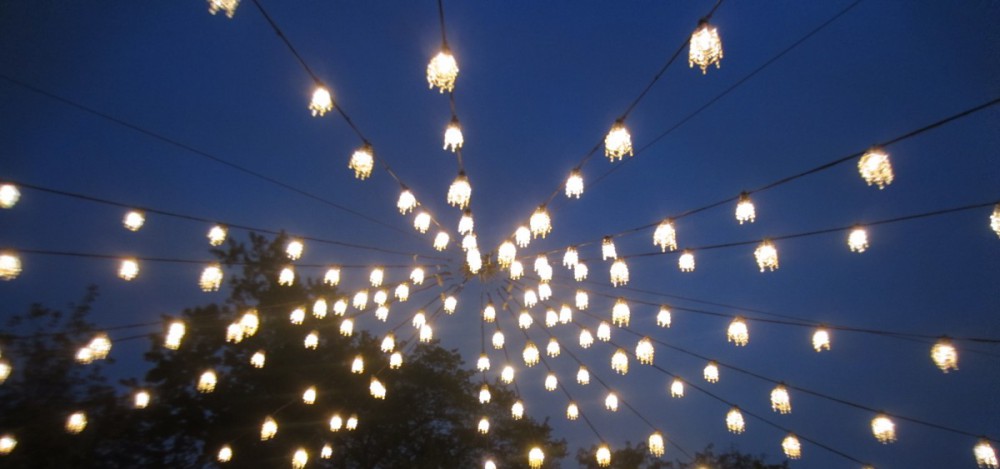When I think of a journalist, I think of a person who stops at nothing to acquire as much information as possible to tell the facts about a story, without falsified information. When reading Photojournalism in the Age of New Media by Jared Keller, what he said that stood out to me was, “a whole universe of photojournalists, both amateur and professional, is made available to the public through social networks. ” Without social media, what would become of journalism itself today?
Journalism has sure made its advancements over the years but not without questioning its validity. Because anyone is allowed to report news coverage on their social accounts, doesn’t necessarily mean they are getting at the truth but maybe getting at the likes, retweets, and ultimately gaining an increasing base of followers. Without social media, society wouldn’t be able to keep up with live reports, we’d still be waiting on the 6 o’clock news. As Keller states, “social media, like so many other tools, isn’t inherently good or bad; it simply needs to be deployed in the appropriate manner to accurately tell a story. ” I completely agree with him in that sometimes, society loses sight of the truth behind a story in that people seek to carry on “the buzz” of a story long enough until it fizzles out and the next one comes along.
The speed and immediacy to share content on social media is great, but how great is it if you put into question accuracy over time, the source that put it out there, and video/picture content? As fast as it is to put content out on social media is as fast as falsifying the content or manipulating it to heighten the reaction of folks that could possibly feed into it. I’ll admit I get most of my news coverage/information from Facebook however, I tend not to immediately believe what I see and wait to see it on television and that’s just me. But others are very quick to read and spread the word without blinking an eye and I think that’s the downside to all this. I think social media is such a fad that’ll never go away that at this day and age, anyone is considered a journalist or photojournalist.
A picture is worth a thousand words but what does it say when it’s being misread? As Keller mentioned before, we have both amateur and professional photojournalists through social media and I believe Instagram is the number one social network for withholding them. You don’t need to own a Nixon or Sony professional camera because a simple camera phone, much like an iPhone can do the exact same job. Keller points out in saying in his article that, “new media is very significant in immediacy, but not totally in long term. It doesn’t matter if there are a thousand cameras, its the storytelling that’s important. A photojournalist with an artistic vision that transcends superficial coverage. It’s a different media space.” That media space is known as Instagram. Not that I’m saying everyone who owns an account is superficial but it isn’t difficult to find yourself putting up a front for your followers about how you live your life through pictures posted and 15 second videos. This is precisely why I don’t have one. If anyone wanted to know who I am they can speak to me directly instead of formulating their own ideas through pictures and videos. People like to post #foodart, #Godart, and #ootd (none other than meaning outfit of the day) but how much thought goes into those posts other than how many likes you’ll get for it and how many followers will follow you on that particular day. It’s all superficial storytelling really. But who am I to judge? Social media is an ever growing movement and at this rate, journalism can only get better or worse.




Fola,
I enjoyed reading your blog and just to respond to your thoughts, it does seem that everyone is a journalist. There are some people who are professional journalist and get paid to do their job, but today, journalism is more like an activity that everyone participates in. I feel that society forces us to be on something or another and if you don’t you’re behind the times. Also whether you are sharing your own personal news (like what your cat did) or important mainstream news, I guess it all qualifies as news today.
Exactly! It’s as if over the years we’ve programmed ourselves to doing things we wouldn’t normally do but because of the technology we do it. People give me the side eye when I tell them I only have a Facebook page and I don’t own snapchat, instagram, or Twitter like the majority of the world. Even my mother likes to put up paragraph length posts when its a loved ones birthday only because all of her friends are doing it, it’s really silly.
I think the question you prosed in the first paragraph raises a lot of eyebrows because I cannot remember the last time I watched the news and didn’t see a tweet or video from Instagram to back a story. Kinda makes me wonder if it’s all lazy journalism?
Its so funny because nowadays, the current events taking the place in the world are first found on social networks and then the 5 o’clock/6 o’clock news is what’s used to verify what we saw on social media. For instance, the Eric Garner video that went viral within hours of it taking place, no one knew the entire story except for the evidence of police brutality. It was until the news came on that we realized why it happened. It most definitely wasn’t right but we learned of the role the victim played.
Although everyone can participate, do you feel the traditional boundaries of journalism allow too much leniency in terms of social media?